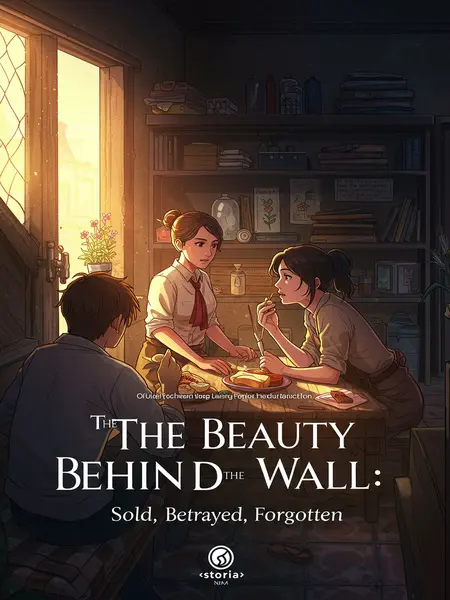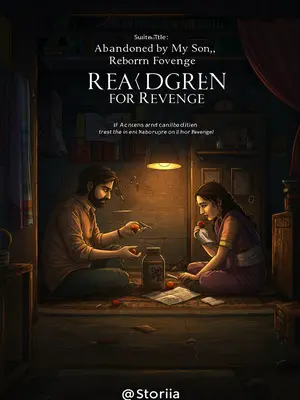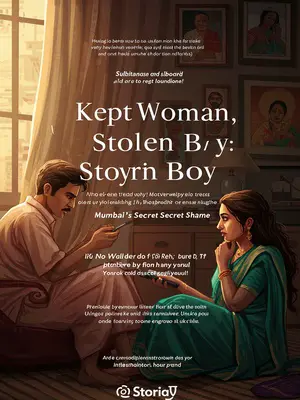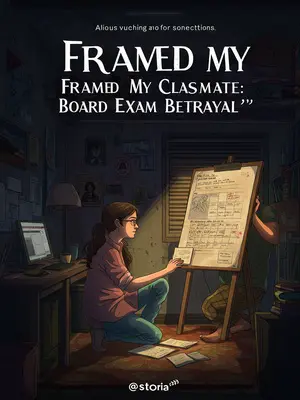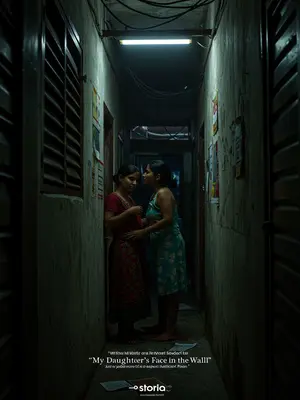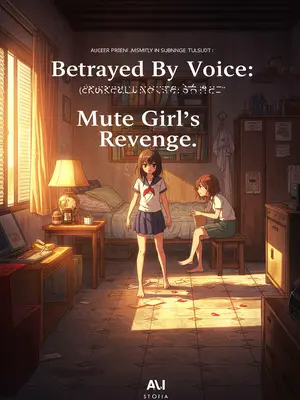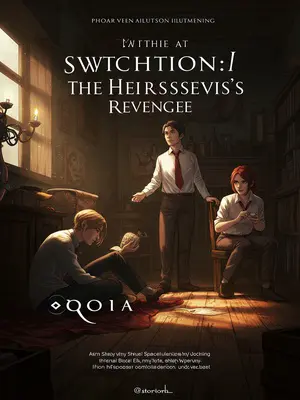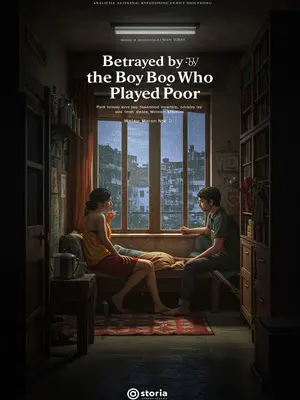Chapter 4: Ritu and the Price of Love
Businessmen are shrewd. Small businesspeople, even more so.
In our mohalla, everyone knows that the harder you have to work for your money, the tighter you hold onto it. The air in the colony is full of stories about people hustling to survive, of men like Harish Bhaiya who’ve clawed their way up from nothing.
Harish Bhaiya struggled at the bottom of society. He was able to marry Meera mainly because Meera wasn’t much herself. From the kotha—no matter how beautiful, she wasn’t considered a proper woman in most people’s eyes.
Word travels fast in places like Old Bazaar Lane. Even the walls know everyone’s past. A girl from the kotha might look like a dream, but the whispers in the market would never let her forget. For a man like Harish Bhaiya, marrying Meera was both a gamble and a bargain—one that cost him dearly, but which he cherished all the same.
Maybe, to Harish Bhaiya, enjoying Meera once was worth 6,000 rupees, so he didn’t want to miss a single night. And every passionate moment from Meera was just a performance, a habit from her old profession.
It hit me that maybe Harish Bhaiya wasn’t just obsessed—maybe he was scared. Scared that his luck would run out, that this beauty he’d paid for would one day slip through his oily fingers. And Meera? Her every smile, every caress, was like a well-rehearsed act, meant to keep her new life afloat.
Perhaps for money, perhaps out of loneliness, Meera had returned to her old trade. Five in the afternoon was exactly when Harish Bhaiya’s shop was busiest. I guessed she was hiding it from him. Greasy as he was, Harish Bhaiya’s food was delicious and cheap—in a slum like Old Bazaar Lane, he was considered decent. Someone willing to earn honest, hard money wouldn’t want his wife to support herself that way.
It’s the oldest story in the city: honest men working till their bones ache, while life finds ways to pull the rug out from under their dreams. It was easy to imagine Meera slipping out at five, sari draped just so, blending into the crowd heading for the market. In a place like this, secrets never stay secret for long—but sometimes, people pretend not to see, just to survive another day.
Meera’s true identity was like a bucket of cold water poured over me from head to toe. The sense of loss was no less than seeing your pure first love sneaking in and out the back door of a bar with a small bag.
It stung in a way I didn’t expect. For days, I couldn’t look at my own reflection without thinking about the stories people tell themselves—and the truths they try to hide. My dreams of Meera faded, replaced by a dull ache that wouldn’t go away.
I lost interest in next door and returned to my old routine: power-levelling games during the day, writing web novels at night. I guess you could call that my career.
I fell back into my own world—messy, half-lit, full of half-finished stories and late-night Maggi. My parents called from the village, reminding me to pray to Ganesh and look for a ‘real job.’ But gaming was all I had, and the web novels paid enough for rent and tea.
Not long after, I met a girl who played games. Her avatar was cute, but her skills were terrible. She was always flamed by teammates—flamed for failing at key moments, flamed for bad memory and slow reactions, even flamed for probably being a guy.
Her name was ‘CuteRitu96.’ Every time she died in-game, she’d type ‘Sorry yaar’ in chat. The boys would taunt her, call her ‘noob’ or ask if she was really a girl. I could almost hear the nervous giggle behind her texts, the way she’d stutter and apologize after every round. There was something sweet about her—so lost and out of place in the chaos of the game.
Honestly, I didn’t like being dragged down either, but as a power-leveller, the more bad players, the better for me. So I desperately defended her, comforted her.
I found myself typing things like, ‘Arrey, ignore them, yaar. You’ll get better. Don’t listen to these bakwas fellows.’ And she’d send back shy emojis, or voice messages full of giggles. It felt nice to be needed, even if just in the game.
Once, after she got flamed offline by teammates, she asked me to add her on WhatsApp, and as soon as I did, she video called me. On the screen appeared a cute, pitiful girl with a round face, crying like she’d just been scolded by her mom.
The call surprised me—I expected a prank, but instead there she was, hair messy, eyes red, wiping her nose and trying to smile. She wore a faded t-shirt, background full of plastic buckets and steel vessels. She looked like the girl-next-door from any middle-class Indian home.
After treating her to spicy biryani once, we became close, talking endlessly every day. She didn’t mind that I was broke, and I didn’t mind that she was silly. Her name was Ritu, and we started dating.
We met near the old mall, eating biryani with our hands and giggling over silly jokes. She didn’t care about my empty wallet or my cramped flat. For the first time, I felt seen—as if someone had finally turned on the lights in my dusty little world.
During that time, my world didn’t have Meera.
For weeks, I didn’t even look at the hole in the wall. The only world I cared about was the one Ritu and I built together, with late-night calls and silly memes and dreams that, for once, didn’t end in disappointment.
